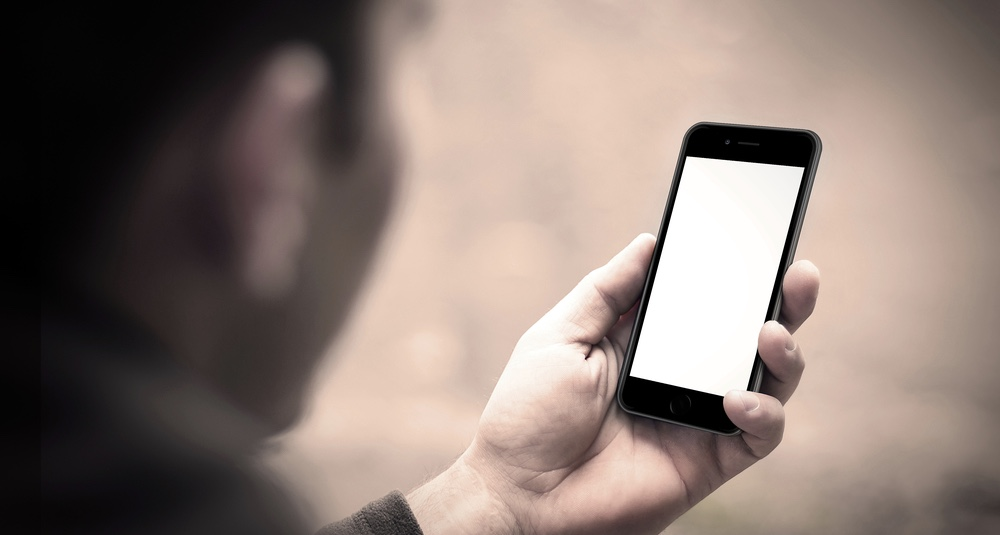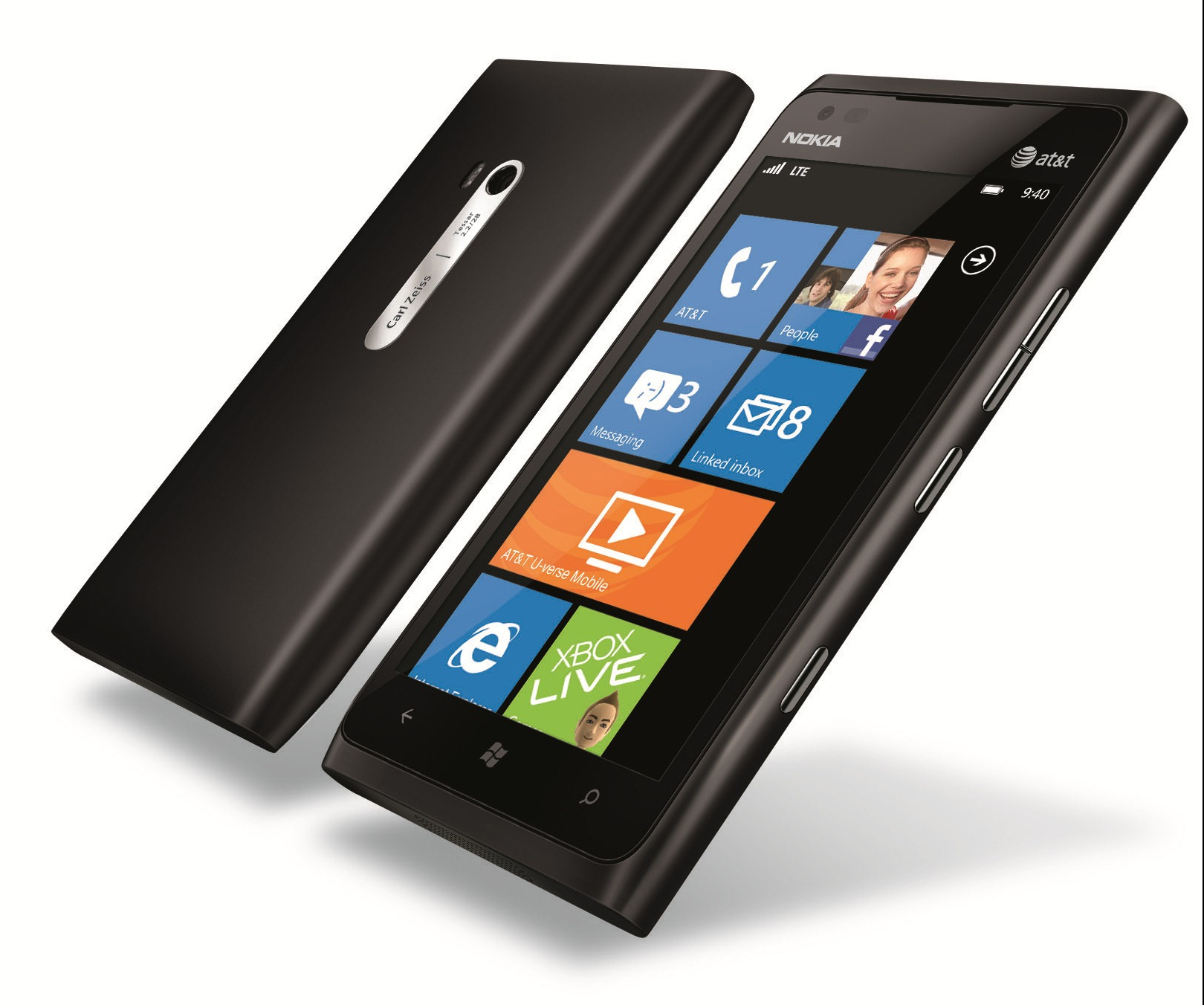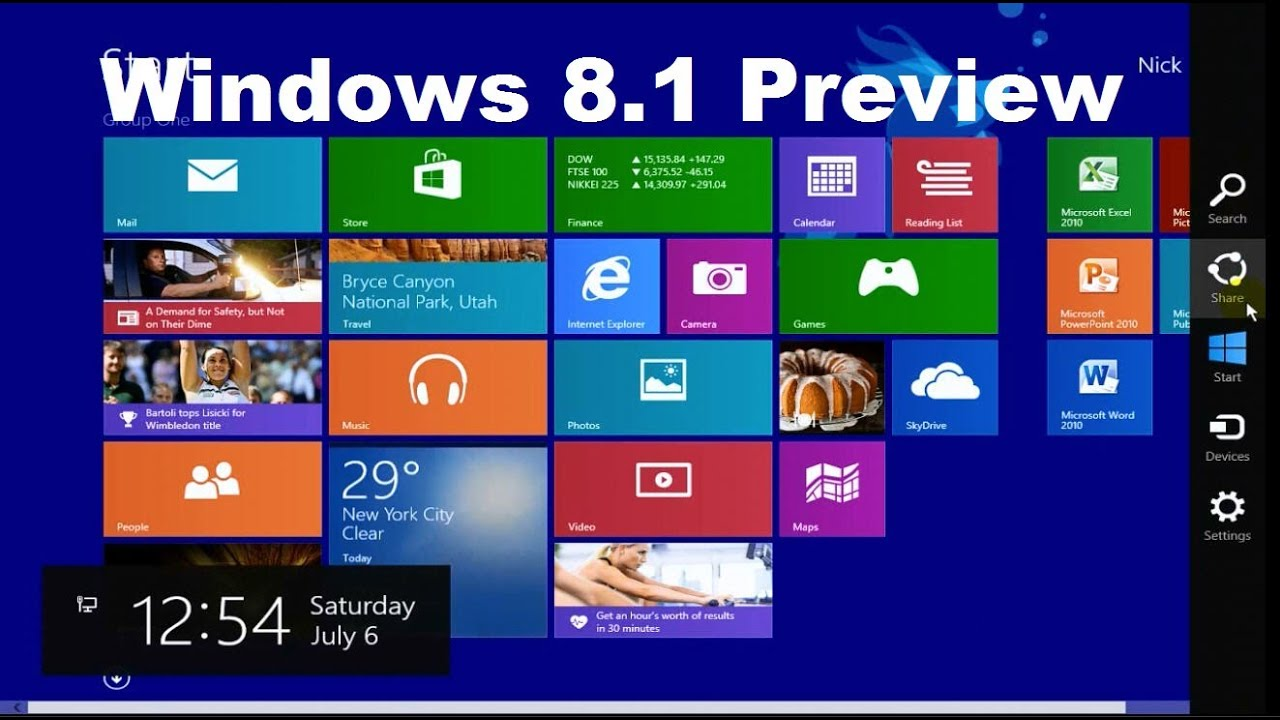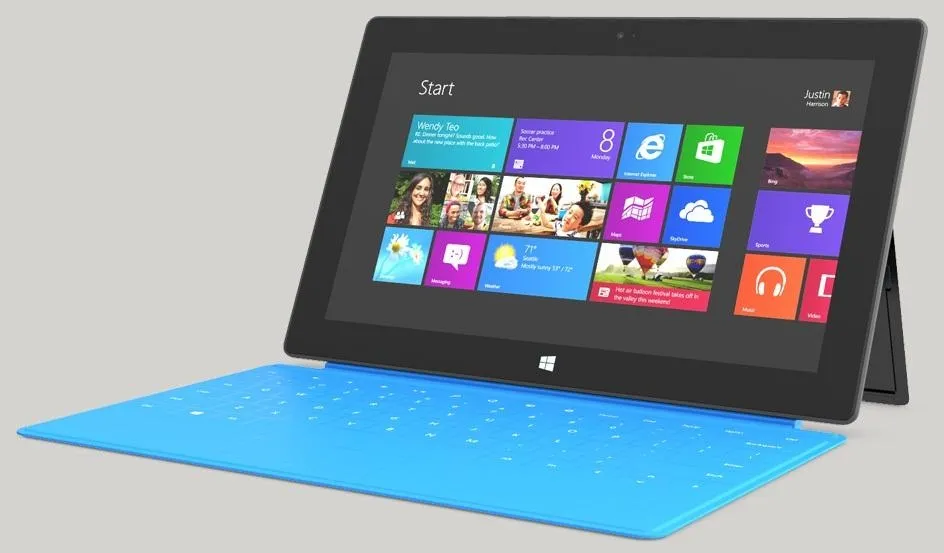The Apple FBI iPhone controversy has ignited a fierce debate over the balance between technology and privacy, particularly following the San Bernardino shooting incident. At the heart of the matter is the FBI’s demand for Apple’s assistance in accessing the encrypted content of the shooter’s iPhone, which has raised significant concerns about Apple security and user privacy rights. Apple, steadfast in its refusal, argues that complying could set a dangerous precedent that jeopardizes the security of all iPhone users. The iPhone encryption debate highlights the broader implications of law enforcement access to personal devices, as calls for Apple to unlock the iPhone intensify, even from political figures like Donald Trump. With this contentious issue unfolding in courts and public forums, readers are left to ponder whether user privacy should be compromised for national security.
The ongoing dispute involving Apple and the FBI signifies a critical clash between corporate responsibility and governmental authority in the realm of digital privacy. This incident traces back to the FBI’s request for Apple to unlock an iPhone linked to a tragic terrorist event, bringing to the forefront the issue of device security versus public safety. As debates around encryption measures escalate, technology firms face intense scrutiny over their stances on privacy and government compliance. The essence of this clash lies in the implications that such a decision could have on future legislation surrounding personal data security. With a complex interplay of ethical and legal considerations at play, the conversation surrounding this contentious issue is more relevant than ever.
Understanding the Apple FBI iPhone Controversy
The Apple FBI iPhone controversy emerged from a high-profile legal battle surrounding the iPhone belonging to one of the shooters involved in the San Bernardino attack. Following the tragic shooting, the FBI sought to access data on the device, arguing that it was critical for national security and public safety. Apple, however, countered that complying with such a request would set a dangerous precedent, potentially endangering the privacy and security of all its customers. This conflict raised significant questions about the balance between security and individual privacy rights in an age where technology pervades every facet of life.
As discussions around the Apple FBI iPhone controversy evolved, it became clear that this case wasn’t just about one device but encapsulated broader issues relevant to Apple security and the encryption debate. Many advocates of digital privacy echoed Apple’s concerns about creating a backdoor that could be exploited by malicious entities, jeopardizing user data at large. The ramifications of this case extend well beyond the courtroom; they touch on the ethical considerations of technology firms when it comes to facilitating governmental access to personal information, setting the stage for future debates in the technology and privacy arena.
The Implications of FBI’s Demands on Technology and Privacy
The demands placed upon Apple by the FBI highlight critical implications for technology and privacy in modern society. If Apple were to comply, it could lead to significant challenges for the company’s reputation as a leader in consumer privacy. Users have come to trust Apple products due to their robust encryption and security features. The notion of creating specific access points for law enforcement could erode that trust, prompting users to reconsider their reliance on Apple devices for secure communication. This situation emphasizes the delicate balance that tech companies must strike between cooperating with law enforcement and maintaining their commitment to user privacy.
Moreover, the blowback from such a decision could affect not only Apple but the technology sector as a whole. The concept of creating ‘backdoors’ for governmental access significantly alters the landscape of digital security. It raises alarms about potential abuses of power, where unrestricted access to encrypted devices could fall into the wrong hands. The implications of the FBI’s demands stretch into broader discussions about how society perceives privacy in the digital age, leading to a renewed focus on the accountability of tech giants in safeguarding user information while navigating the demands of law enforcement agencies.
Public Opinions on Apple’s Stance against FBI
The public opinion surrounding this controversy is sharply divided. Many individuals support Apple’s resistance, perceiving it as a protection of personal privacy and security against government overreach. Supporters argue that if Apple submits to the FBI’s demands, they would be infringing not just on Apple’s rights, but on the rights of all consumers who expect their personal data to remain confidential. This sentiment resonates especially in an era where data breaches and hacks have become alarmingly common, pushing the narrative that user privacy should take precedence over any possible governmental interests.
Conversely, there exists a faction that believes Apple should assist the FBI in unlocking the iPhone, viewing it as a matter of national security. Some proponents of this viewpoint argue that in the aftermath of the San Bernardino shooting, the ability to access potentially life-saving information trumps the need for personalized data security. This division in public opinion highlights the complex nature of this debate, showcasing the conflicting values that individuals place on privacy versus security. The growing engagement from the public reflects increased awareness and concern over how companies like Apple handle sensitive information.
The Future of iPhone Encryption Debate
As the Apple FBI iPhone controversy unfolds, it foreshadows a larger conversation about the future of encryption technology and its role in securing user data. The implications of judicial decisions could redefine industry standards and lead to broader regulations regarding user privacy across all tech companies. If courts side with law enforcement, it might set a precedent that can compel other enterprises to follow suit, potentially undermining the strong encryption that many technology firms tout as a hallmark of their products. Thus, this debate goes beyond a single case to challenge the very foundations of digital security.
Furthermore, the outcome of this encryption debate will likely influence future innovations in technology. Companies may be forced to develop new methodologies for ensuring user privacy without compromising their compliance obligations. This situation could inspire a new technological landscape focused on creating secure solutions that cater to both law enforcement’s needs and consumer privacy. As more stakeholders engage in this discussion, it will become essential for tech firms to navigate their responsibilities carefully while advocating for users’ rights to privacy in an increasingly interconnected world.
The Role of Social Media and Technology Experts in the Debate
Social media has played a crucial role in shaping the narrative around the Apple FBI iPhone controversy. With platforms enabling real-time discussions and the exchange of diverse opinions, the public can contribute to a broader dialogue about the intersection of technology and privacy. Technology experts—like John McAfee—have also waded into the conversation, presenting alternative solutions while challenging Apple’s stance. McAfee’s claims that he could unlock the device using social engineering techniques opened up discussions about the capabilities and ethical responsibilities of technology professionals when faced with law enforcement requests.
The activism seen on social media platforms exemplifies how technology and privacy discussions resonate deeply with users who value their data security. As various opinions surface online, the trend highlights an increasingly engaged public that demands accountability from corporations while advocating for their rights as consumers. Over time, this kind of discourse can influence corporate decisions, pushing companies to align their policies more closely with public sentiment on privacy issues. Ultimately, social media has become an essential battleground for opinions on such critical matters, reinforcing the role of collective action in guiding the future trajectory of technology policies.
Governmental Influence on Technology Companies
The Apple FBI iPhone controversy shines a spotlight on the complex relationship between tech organizations and governmental bodies. As government agencies increasingly rely on technological advancements to enforce laws, there is a growing expectation that technology firms comply with requests for data access in the interest of public safety. This dynamic has led to scenarios where tech companies must navigate between their commitment to protecting user data while fulfilling legal obligations. As such, the operational capabilities of tech firms may come under scrutiny as they balance security features with governmental demands.
This scenario has raised vital questions about the extent of governmental influence on corporations that prioritize user privacy. Many tech companies fear losing their competitive edge in fostering safe products if they concede to demands that compromise user trust. The ongoing debate is not merely confined to Apple; it reverberates throughout the tech industry, challenging companies to define their positions against government encroachments. The outcome of this controversy could ultimately reshape the landscape of technology accountability and determine how firms will operate as they navigate regulatory pressures in the future.
Legal Ramifications of the Apple-FBI Case
The legal ramifications stemming from the Apple FBI iPhone controversy are extensive and may set significant legal precedents. Courts ruling in favor of the FBI could empower law enforcement agencies to bypass privacy protections, effectively altering the legal landscape concerning digital rights and encryption. This case exemplifies how the law often struggles to keep pace with technological advancements, raising concerns about the adequacy of existing privacy laws in protecting consumers in the digital age. How courts adjudicate this matter may reverberate through future cases involving tech companies and their obligations towards user data.
Moreover, the involvement of high-profile advocates and legal experts has intensified the focus on how judicial outcomes influence technology business practices. The legal atmosphere surrounding this case raises crucial questions about liability and ethical standards for tech companies. If Apple were to be compelled to unlock the phone, the litigation could establish a framework for how companies are expected to respond to government requests going forward. The implications for the industry are vast, affecting not only how companies handle consumer data but also how they advocate for technological innovations that prioritize security and privacy for their users.
Future Implications for Apple’s Reputation
The outcome of the Apple FBI iPhone controversy will have lasting implications for Apple’s reputation as a guardian of privacy and security in technology. Should Apple ultimately comply with the FBI’s request, the company risks alienating a loyal customer base that strongly values privacy, possibly leading to a decline in consumer trust. Moreover, this may prompt users to question their inclination to upgrade or invest in Apple products, fearing the potential for governmental access to their personal data. This precarious situation presents Apple with a challenging dilemma as it contemplates its approach to privacy advocacy amidst mounting external pressures.
On the other hand, if Apple maintains its commitment to user privacy, it could reinforce its image as a defender of digital rights, solidifying its position as a leader in privacy advocacy in the tech industry. Such a stance could galvanize support among consumers who prioritize security, attracting new users who are in search of reliable products that safeguard their personal information. Mobile consumers are increasingly concerned about privacy infringements, and Apple’s commitment could potentially translate to a stronger brand loyalty, reaffirming its mission to uphold the privacy and security of individuals in today’s digital landscape.
The Balance between National Security and Personal Privacy
The debate surrounding the Apple FBI iPhone controversy ultimately encapsulates a broader struggle to define the balance between national security and personal privacy. While the FBI argues for access to the iPhone to protect citizens from potential threats, Apple maintains that such access could undermine user privacy on a grand scale. This tug-of-war represents a fundamental conflict that will continue to play out as technology evolves and governments increasingly seek access to digital information under the guise of security needs. The challenge remains for policymakers and tech companies to craft solutions that respect both individual rights and the imperatives of public safety.
As society progresses into an era where data privacy and security are of paramount importance, striking this balance becomes ever more crucial. Both consumers and technology organizations must work collaboratively with governments to foster a digital environment that prioritizes security without sacrificing fundamental rights. Achieving this equilibrium will require ongoing discussions, ethical considerations regarding the sharing of data, and perhaps new legislative frameworks that can adapt to the rapid pace of technological change. Addressing these issues will be essential for creating a future that values both national security and personal privacy wholeheartedly.
Frequently Asked Questions
What was the Apple FBI iPhone controversy related to the San Bernardino shooting?
The Apple FBI iPhone controversy arose when the U.S. government asked Apple to assist the FBI in accessing the encrypted data on an iPhone belonging to one of the San Bernardino shooters. Apple refused, citing customer security concerns and the implications for technology and privacy.
How did Apple justify its refusal to unlock the iPhone for the FBI?
Apple argued that unlocking the iPhone would compromise the security and privacy of millions of users by creating a potential backdoor. They believed that complying with the FBI’s request would set a dangerous precedent for technology and privacy in the digital age.
What are the implications of the iPhone encryption debate in the Apple FBI case?
The iPhone encryption debate highlights the tension between national security and consumer privacy. The controversy raised important questions about how far technology companies should go in cooperating with law enforcement, and whether creating special access for authorities undermines overall encryption security.
What stance did public figures take during the Apple FBI iPhone controversy?
Public figures were divided; while Apple stood firm on user security, Donald Trump criticized them for not cooperating, urging ‘common sense’ to unlock the phone. In contrast, John McAfee offered to unlock the device himself, emphasizing alternative methods over creating a backdoor.
Is the iPhone encryption debate still relevant today?
Yes, the iPhone encryption debate remains relevant as issues of data privacy and security continue to evolve, with ongoing discussions about the balance between law enforcement access and customer protection in the realm of Apple security and beyond.
What was the outcome of the Apple FBI iPhone controversy?
The controversy did not reach a straightforward resolution, as Apple was granted additional time to respond to the court order, and the situation highlighted ongoing conflicts between technology firms and governmental demands for access to encrypted data.
Where can I find more opinions on the Apple FBI iPhone controversy?
You can read more opinions and analyses on the Apple FBI iPhone controversy in articles from tech news platforms like BetaNews, or participate in discussions and polls to share your viewpoint on the issue.
| Key Point | Details |
|---|---|
| Court Ruling | U.S. courts ordered Apple to assist the FBI in accessing an iPhone related to a criminal case. |
| Apple’s Stance | Apple refuses to comply, citing concerns over customer security. |
| Political Reactions | Donald Trump urges Apple to comply, while John McAfee claims he can unlock the device. |
| FBI’s Position | The FBI insists it only wants access to this one device, not a backdoor for all iPhones. |
| Current Situation | Apple has been granted more time to respond to the court order as the debate continues. |
| Public Opinion | Readers have shared their views on whether Apple should assist the FBI or maintain its stance. |
Summary
The Apple FBI iPhone controversy reflects a significant clash between personal privacy and national security. As the public discourse evolves, the implications of this case extend beyond the immediate conflict between Apple and the FBI, raising fundamental questions about user privacy and corporate responsibilities in the digital age. The ongoing debate showcases the delicate balance that companies like Apple must navigate between complying with legal requests and protecting their customers’ rights. As perspectives continue to diverge, this controversy may set important precedents for future cases involving technology and law enforcement.








